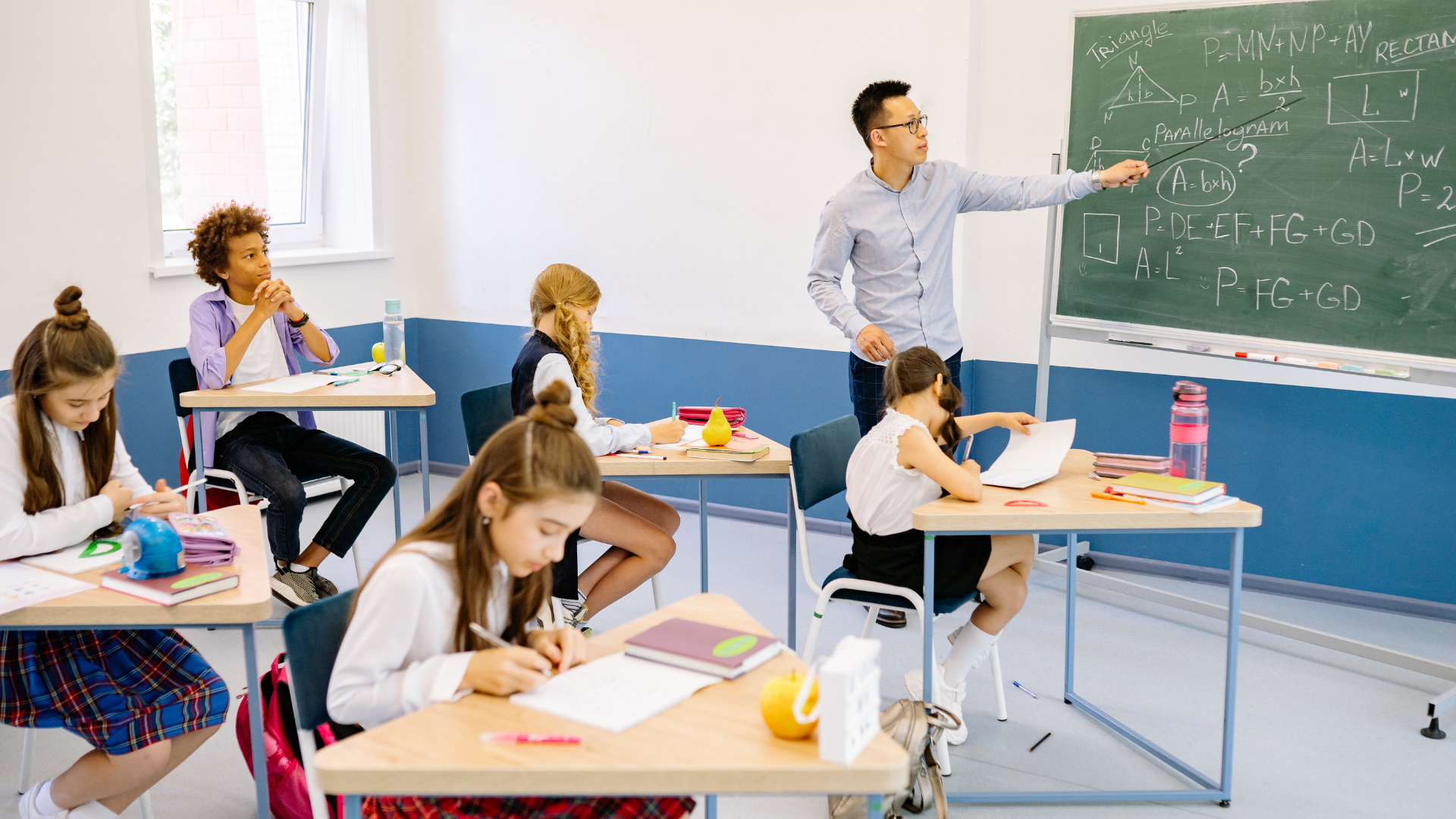Attention teachers! Are you ready to step up your game and make a lasting impact in the lives of your students? Being an educator isn’t just about imparting knowledge, it’s about being a mentor, guide, and role model for generations to come.
In this blog post, we’ll explore the art of being a good educator and provide you with practical tips to elevate your teaching skills. Whether you’re a seasoned veteran or just starting out in the field, these tips will help you create meaningful experiences for yourself and your students alike. So grab your coffee mug and get ready to unleash the power of education!
The Role of Teachers in Education
As an educator, you have the opportunity to change lives. Every day, you have the chance to help your students learn and grow. But being a good educator is not always easy. It takes hard work, dedication, and a commitment to making a difference.
Here are some tips to help you be the best educator you can be:
Be passionate about what you do.
If you’re not passionate about teaching, it will be difficult to engage your students and make a difference in their lives. Find something that you’re passionate about and share that with your students. They’ll be more likely to be interested in what you’re teaching if they can see your excitement for the subject matter.
Be patient with your students.
Remember that everyone learns at different speeds and in different ways. Don’t get frustrated if some of your students don’t seem to be getting it right away. With patience and persistence, they will eventually catch on.
Be encouraging.
Your words can have a big impact on your students’ self-confidence and motivation levels. Always try to give positive feedback and praise when they do something well. This will encourage them to keep trying and help them believe in themselves.
Qualities of a Good Teacher
The qualities that make a good teacher are hard to pin down. But, there are some characteristics that all great educators share. Here are some qualities of a good teacher:
Patience:
A good teacher is patient with their students. They understand that each student learns at their own pace and they are willing to adjust their teaching methods to accommodate different learning styles.
Empathy:
A good teacher is able to see the world from their students’ perspective. They understand what their students are going through and can offer guidance and support when needed.
Creativity:
A good teacher is creative in their approach to teaching. They are always looking for new and innovative ways to engage their students and help them learn.
Commitment:
A good teacher is committed to their students and their education. They believe that every student has the potential to succeed and they do everything they can to help them reach their full potential.
Strategies for Building Positive Connections with Students
When it comes to being a good educator, one of the most important things you can do is build positive connections with your students. Here are some strategies for doing just that:
- Get to know your students on a personal level. Take the time to learn about their interests, hobbies, and goals. This will help you connect with them on a more personal level and understand what motivates them.
- Show interest in their lives outside of school. Ask them about their weekend plans or what they did over summer break. This will let them know that you care about them as people, not just students.
- Be a good role model. Set a positive example for your students to follow both inside and outside of the classroom. Show them that you’re someone they can look up to and respect.
- Encourage positive behavior. Reward students when they display positive behavior, such as working hard or being kind to others. This will encourage them to continue exhibiting these behaviors in the future.
- Be patient and understanding. Remember that every student is different and that some may need more time or support than others in order to succeed. By showing patience and understanding, you’ll build trust and rapport with your students.
How to Create Engaging and Effective Lessons
As a teacher, you have the unique opportunity to engage and inspire your students on a daily basis. In order to create effective and engaging lessons, there are a few key things to keep in mind.
First, it is important to be passionate about the subject matter you are teaching. When you are enthusiastic about the material, your students will be more likely to be engaged in the lesson. Additionally, make sure to present the information in an interesting and interactive way. Students are more likely to retain information when they are actively involved in the learning process.
Finally, don’t forget to assess your students regularly. This will help you gauge their understanding of the material and identify any areas where they may need additional support. By taking the time to create engaging and effective lessons, you can make a lasting difference in your students’ lives.
Using Technology in the Classroom
Technology has become increasingly prevalent in society, and its use in the classroom is growing as well. While there are many benefits to using technology in the classroom, it is important to use it wisely and effectively. Here are some tips for using technology in the classroom:
- Use technology to supplement your teaching, not replace it. Technology should be used as a tool to support your teaching, not as a replacement for it.
- Use technology to engage your students. There are many ways to use technology to engage your students in the material you are teaching. For example, you can use online quizzes, games, and simulations to help students learn.
- Use technology to differentiate instruction. Technology can be used to differentiate instruction so that all students can learn at their own pace and level. For example, you can use adaptive software that adjusts difficulty levels based on each student’s needs.
- Use technology to promote collaboration. Technology can be used to promote collaboration among students both inside and outside of the classroom. For example, you can create online discussion forums or chat rooms where students can discuss course material with each other.
- Use technology to keep parents informed about their child’s progress. Parents appreciate being kept up-to-date on their child’s progress in school. Technology can be used for this purpose by sending out automated email or text message updates or by creating an online parent portal where parents can log in.
Motivating Students and Fostering Creativity
It takes more than just teaching the curriculum to be a good educator. Good educators also motivate their students and foster creativity. Here are some tips for how to do both:
- Encourage your students to set goals and work hard to achieve them.
- Help your students find their passion and tap into their creativity.
- Encourage collaboration among your students.
- Be a role model for your students by showing them that you are passionate about learning and growing yourself.
Dealing With Difficult Situations
When you’re a teacher, you’ll inevitably face difficult situations. Whether it’s a disruptive student in class, a parent who is unhappy with your teaching, or a personal issue that’s affecting your performance, it’s important to know how to deal with these challenges.
Here are some tips for dealing with difficult situations:
- Take a deep breath and try to stay calm. It’s important to keep your cool in difficult situations so that you can think clearly and make the best decisions.
- Assess the situation and decide what the best course of action is. This may mean having a conversation with the person involved, doing some research, or seeking help from a colleague or supervisor.
- Follow through on your decision and take action. This is where many people fail; they make a decision but don’t follow through on it. If you’ve decided that the best course of action is to have a conversation with the person involved, then do it! Don’t put it off or avoid the situation.
- Learn from the situation and try to prevent similar situations from happening in the future. After you’ve dealt with a difficult situation, take some time to reflect on what happened and how you handled it. What could you have done differently? What did you do well? How can you prevent similar situations from occurring in the future?
Being a good educator is an art and requires dedication, patience, and understanding. It is important to remember that our students are the future of society and it is up to us as educators to ensure they have the tools they need to succeed in life. By following these tips, teachers can be confident that they are making a positive difference in every student’s life. So let’s keep pushing forward with enthusiasm and positivity so that we can continue educating this generation into becoming responsible global citizens!


